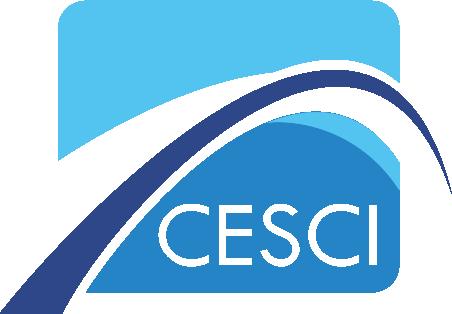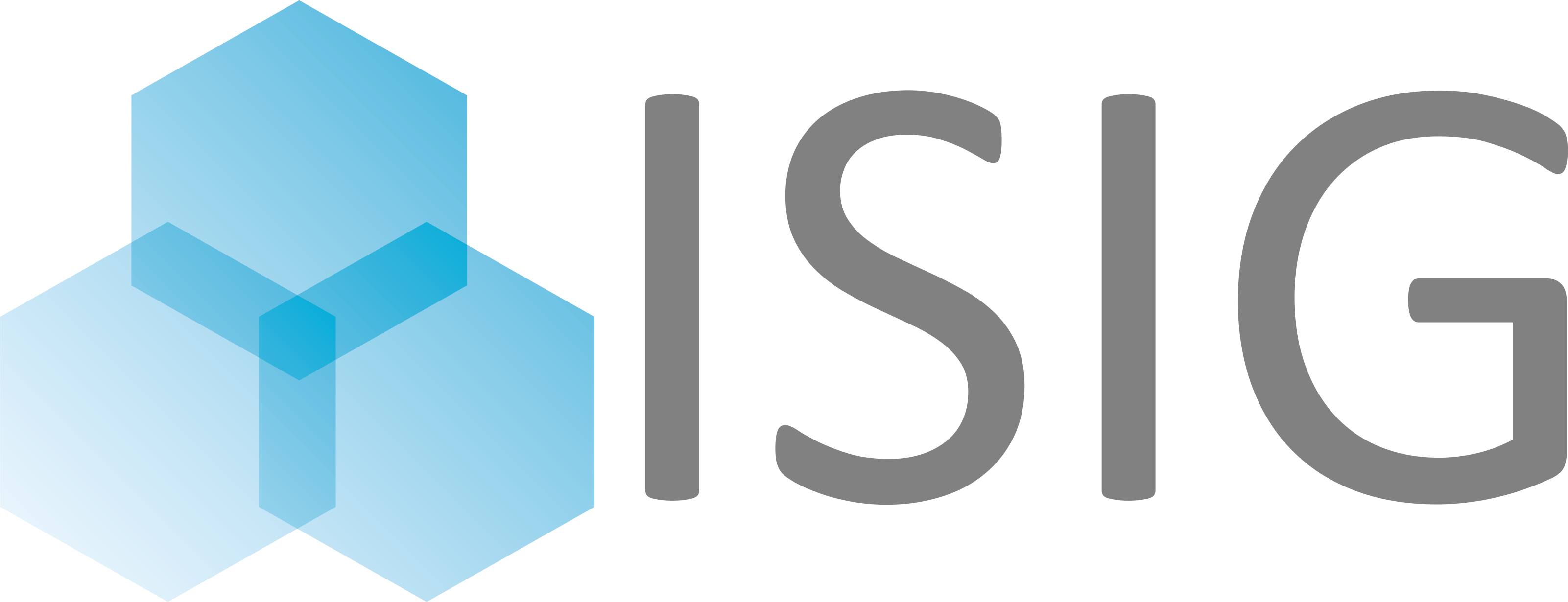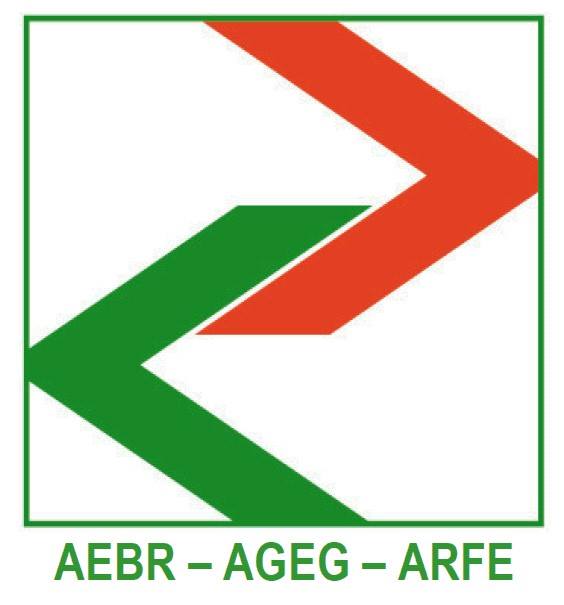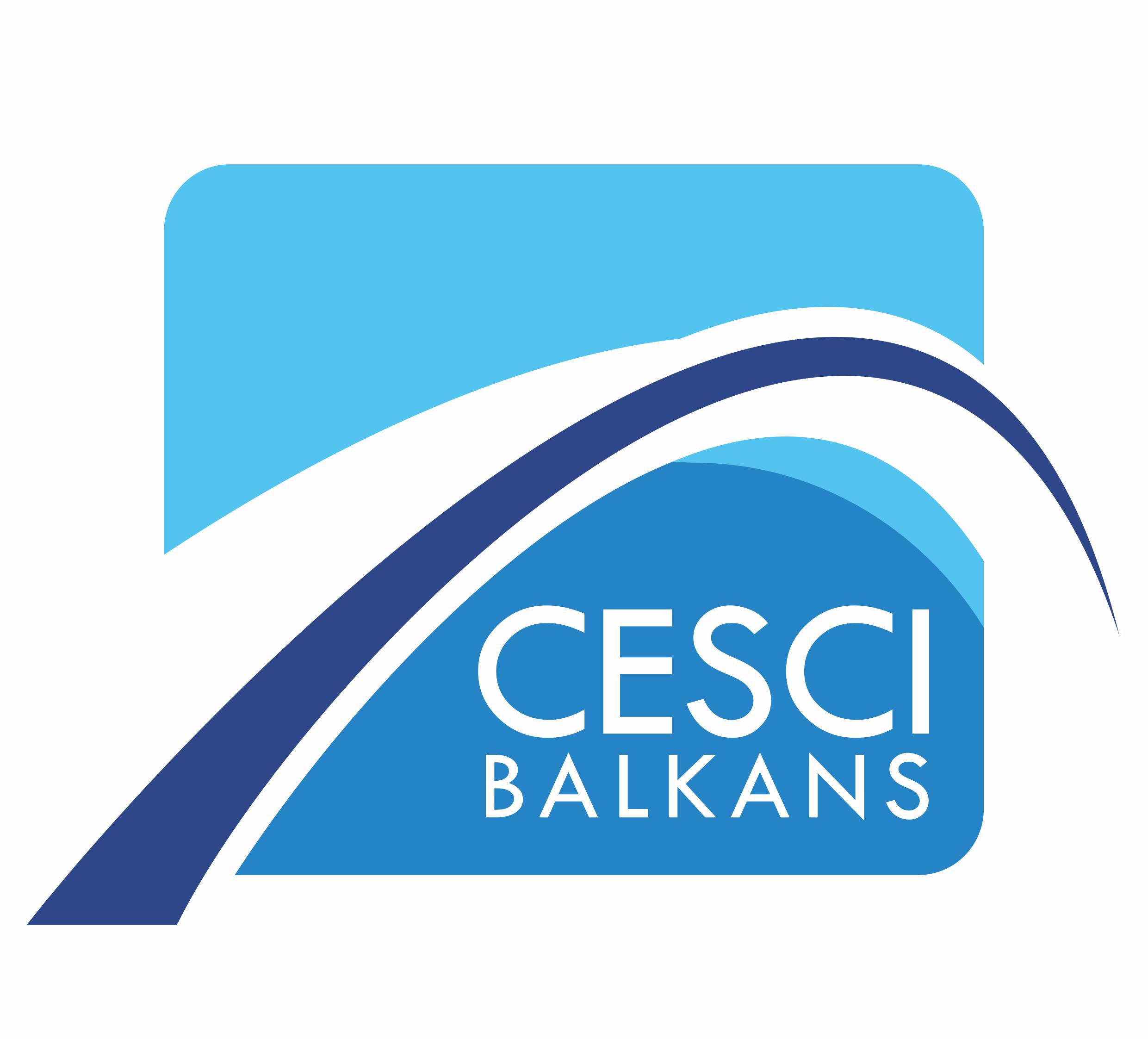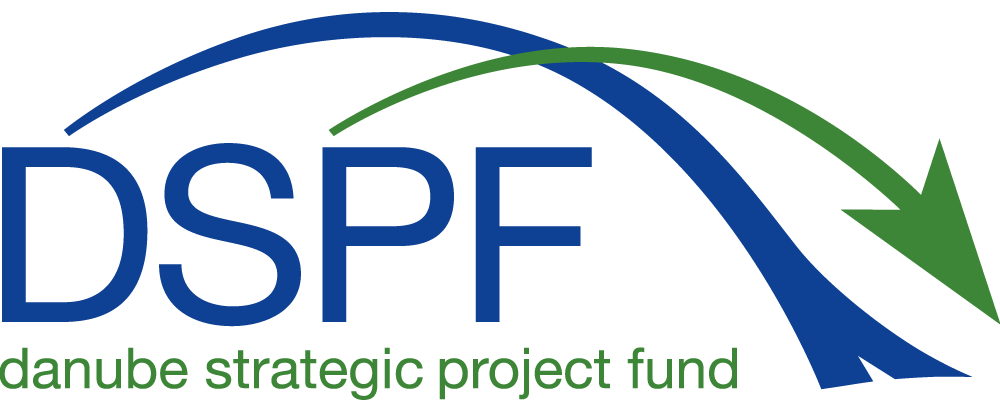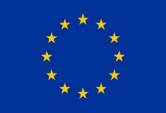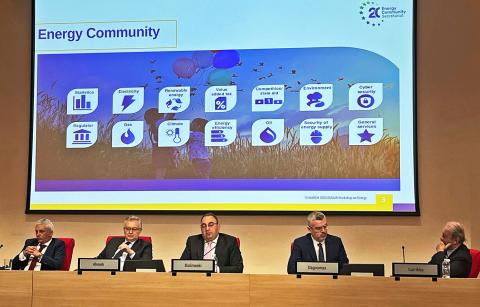
The Hellenic Presidency of the EUSAIR (European Strategy for the Adriatic and Ionian Region) continues its active agenda ahead of the 10th EUSAIR Forum in May. On March 12th, Athens hosted the "Prospects for Energy Networks, Hydrogen Market, and Offshore Renewables Development: Challenges and Solutions for the Adriatic-Ionian Macroregion" workshop, which brought together government officials, regulatory agencies, energy professionals, international organizations, and academic representatives.
The workshop focused on the advancement of energy networks, the hydrogen market, and offshore renewable energy in the Adriatic-Ionian region. A significant part of the discussions was dedicated to the challenges of energy storage and its high costs. Energy storage requires multiple licenses, and although competition remains fierce, experts predict that only 10-15% of current projects will succeed. However, experts also noted that market consolidation is expected to lower prices, which would ultimately benefit consumers.
Despite the high costs associated with renewable energy sources, new initiatives to boost capacity through investments in solar energy and green gas were introduced. For these plans to succeed, cross-border interconnections will be essential, although these interconnections are also impacted by political challenges.
Offshore Renewable Energy Challenges and Hydrogen Opportunities
The workshop also addressed the potential of offshore renewable energy sources, recognizing both the opportunities and the environmental and social challenges they present. Offshore renewables have great promise for generating sustainable electricity, but they also raise concerns about the impact on marine ecosystems, fishing communities, and the potential for disruptions in tourism due to visual and noise pollution along coastlines.
The hydrogen market, on the other hand, is growing rapidly due to increased investments, technological progress, and global efforts to transition to clean energy. Government support, falling production costs, and rising demand for green hydrogen are all accelerating its development.
The Adriatic-Ionian region is developing plans for hydrogen transmission between regional states and the EU market, including large underwater pipelines. However, the hydrogen market requires substantial long-term investments and a transition period during which hydrogen will be blended with other energy sources. Notably, the interest of the German market is a significant motivator for this development.
New funding opportunities for projects will be announced at the end of 2025, with a focus on cross-border cooperation and renewable energy sources. The EU energy budget for the 2021-2027 period is set at €5.84 billion. While the region has considerable potential for energy transition, it will require significant investments, regulatory alignment, and enhanced international cooperation to realize its full potential.

